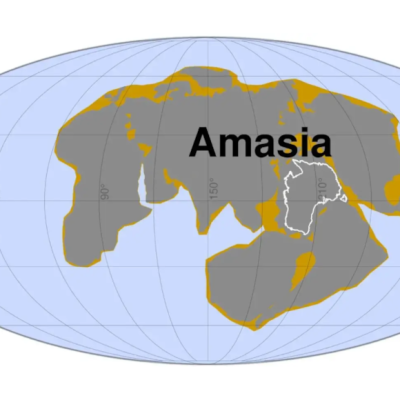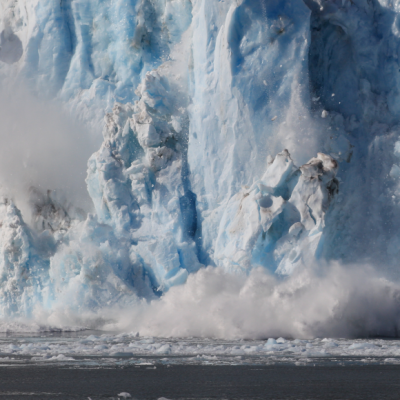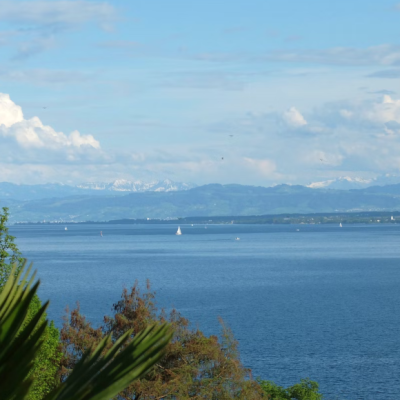China and Russia have dealt a severe blow to international efforts to establish a marine protection zone in the Southern Ocean. The proposal to create a 1.8 million square kilometer protection zone in the Antarctic failed to gain approval at a meeting on the Australian island of Tasmania. Norway also opposed the establishment of a protection zone. The proposal was put forward by the European Union, and the area in question is home to over 300,000 emperor penguins, as well as Antarctic fur seals, rare birds, blue whales, and sea elephants. The area has largely been spared from fishing due to its extensive ice cover for most of the year.
The Commission for the Conservation of Antarctic Marine Living Resources (CCAMLR), which consists of more than two dozen countries, meets annually to discuss the preservation of the Antarctic’s marine treasures. The commission is responsible for regulating fishing and designating protected areas. The proposed protection zone is five times the size of Germany and was intended to safeguard the area’s unique ecosystem. However, China and Russia’s opposition to the proposal has left the area vulnerable to exploitation.
The failure to establish a marine protection zone in the Southern Ocean is a significant setback for conservation efforts. The area is home to a diverse range of marine life, and the establishment of a protection zone would have helped to safeguard the region’s unique ecosystem. The decision to block the proposal by China and Russia highlights the challenges of international cooperation on environmental issues. Despite this setback, conservationists remain committed to protecting the Southern Ocean and will continue to push for the establishment of a marine protection zone in the future.










